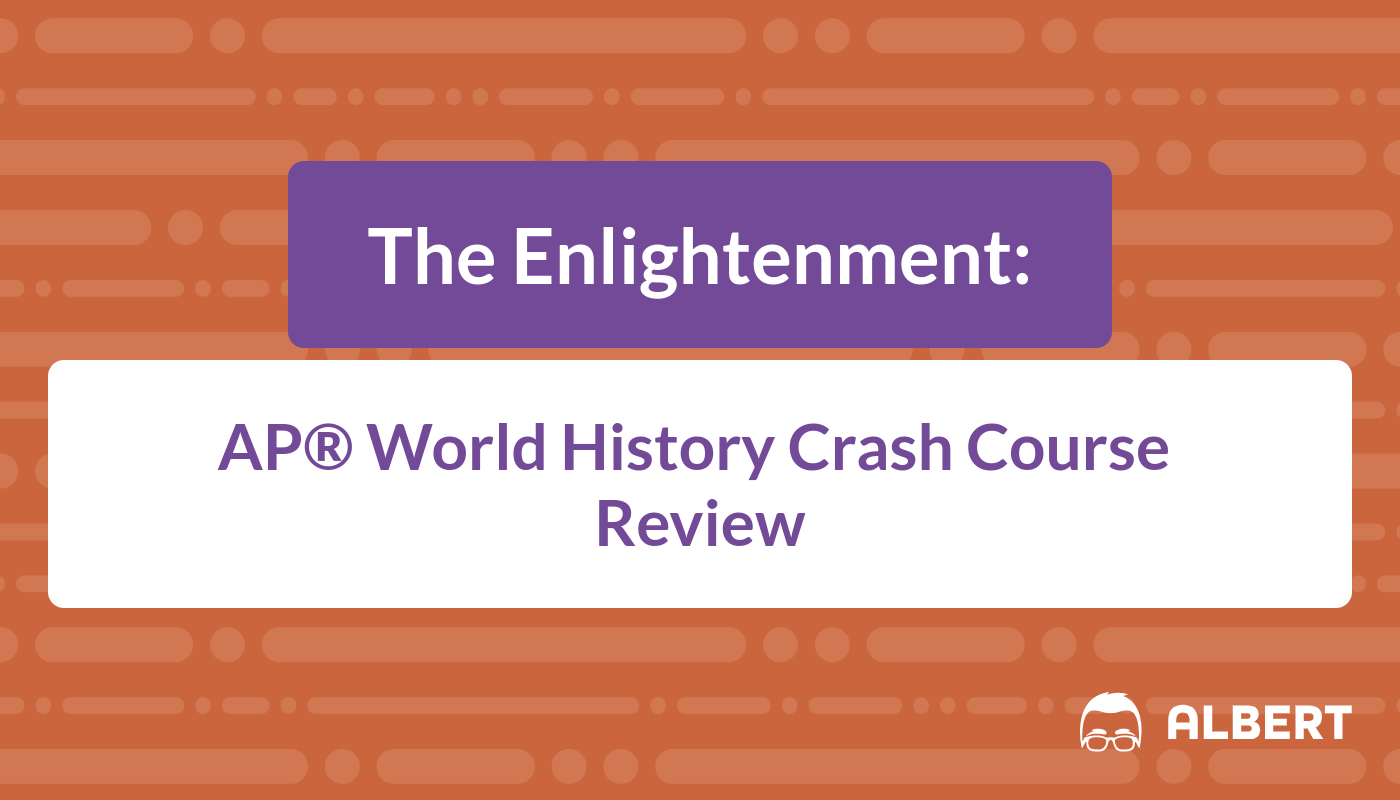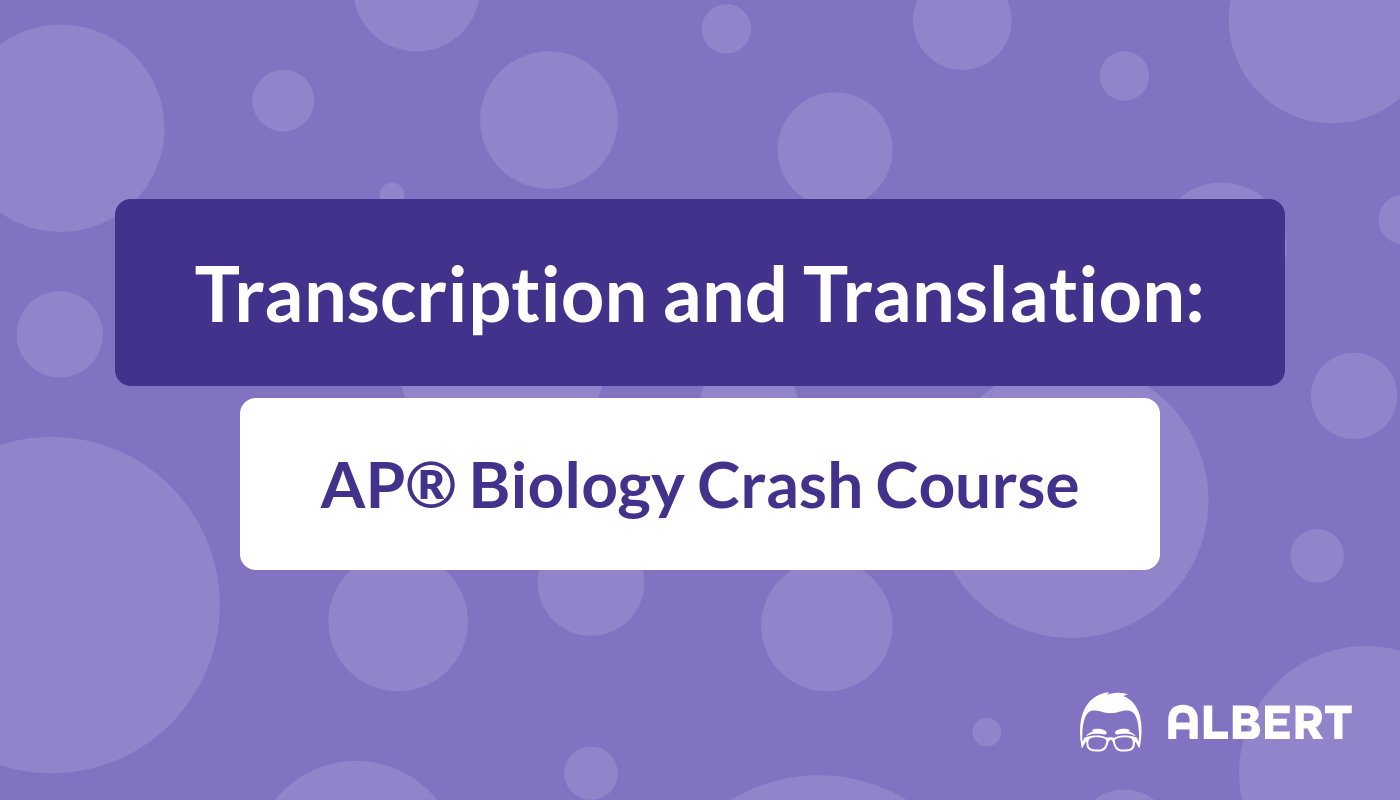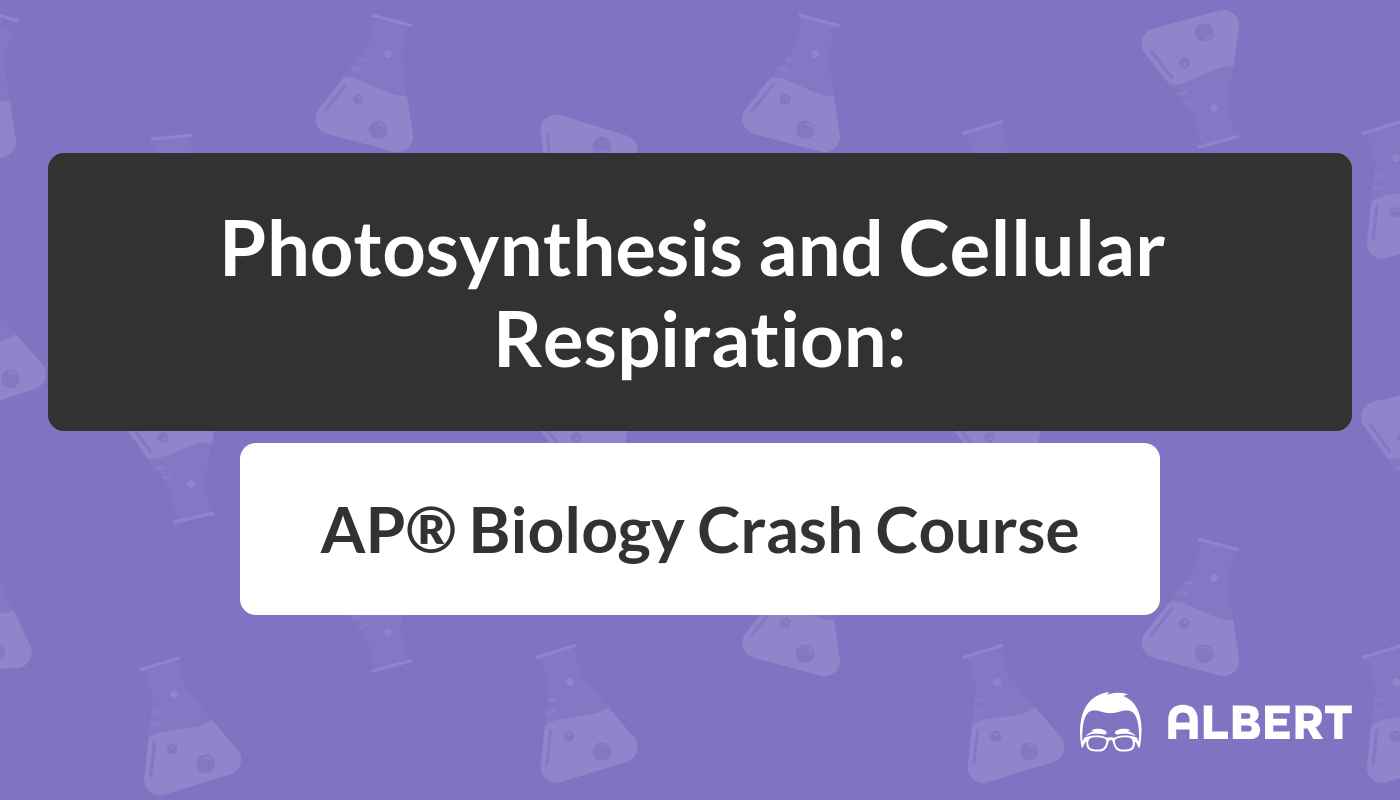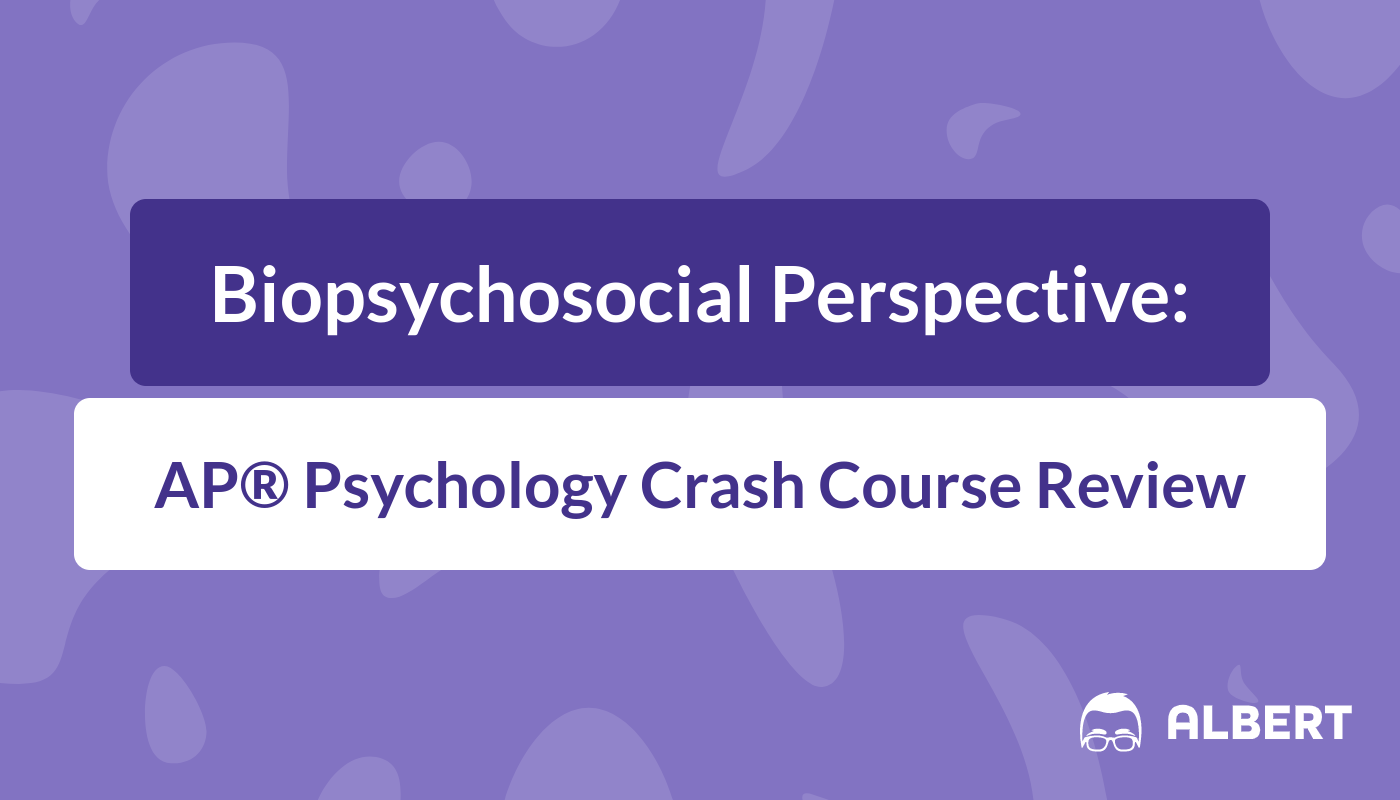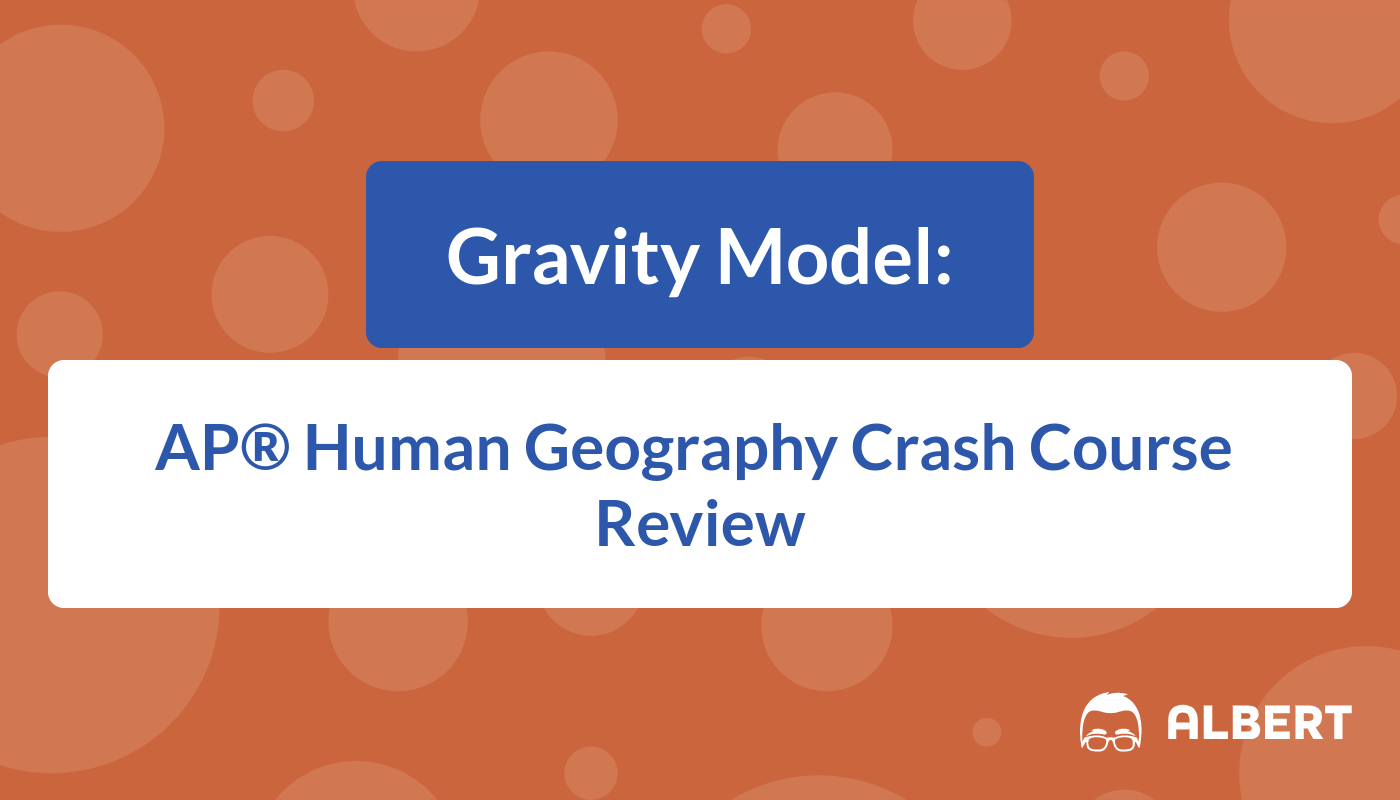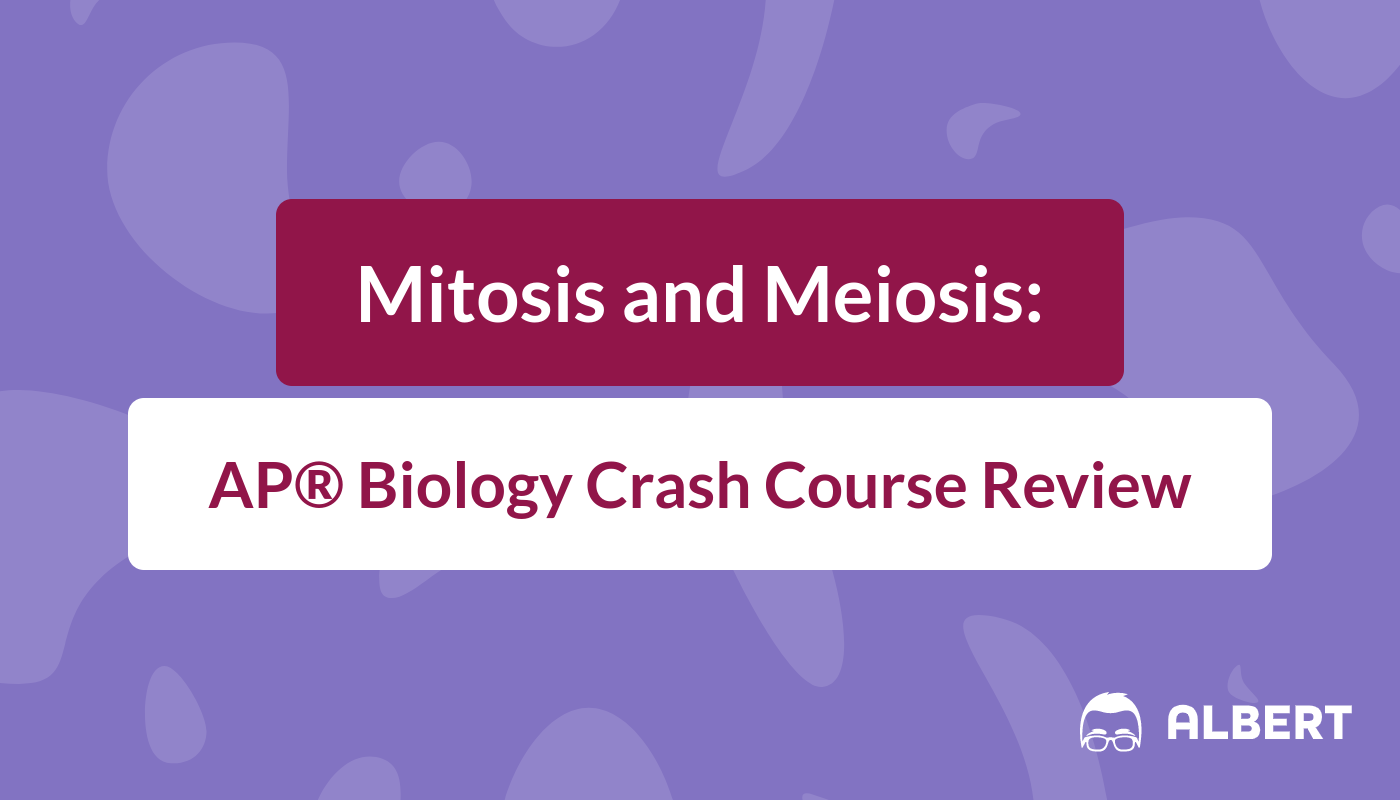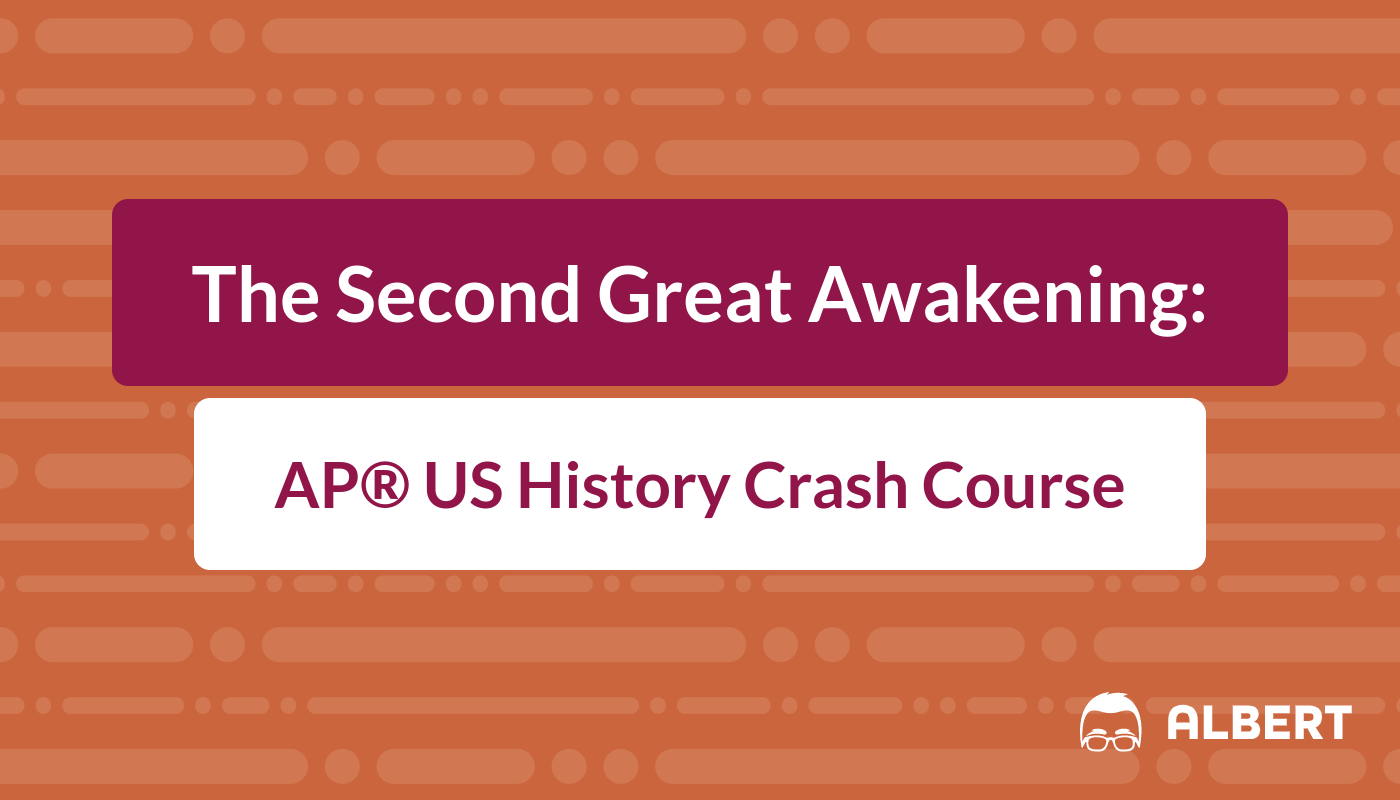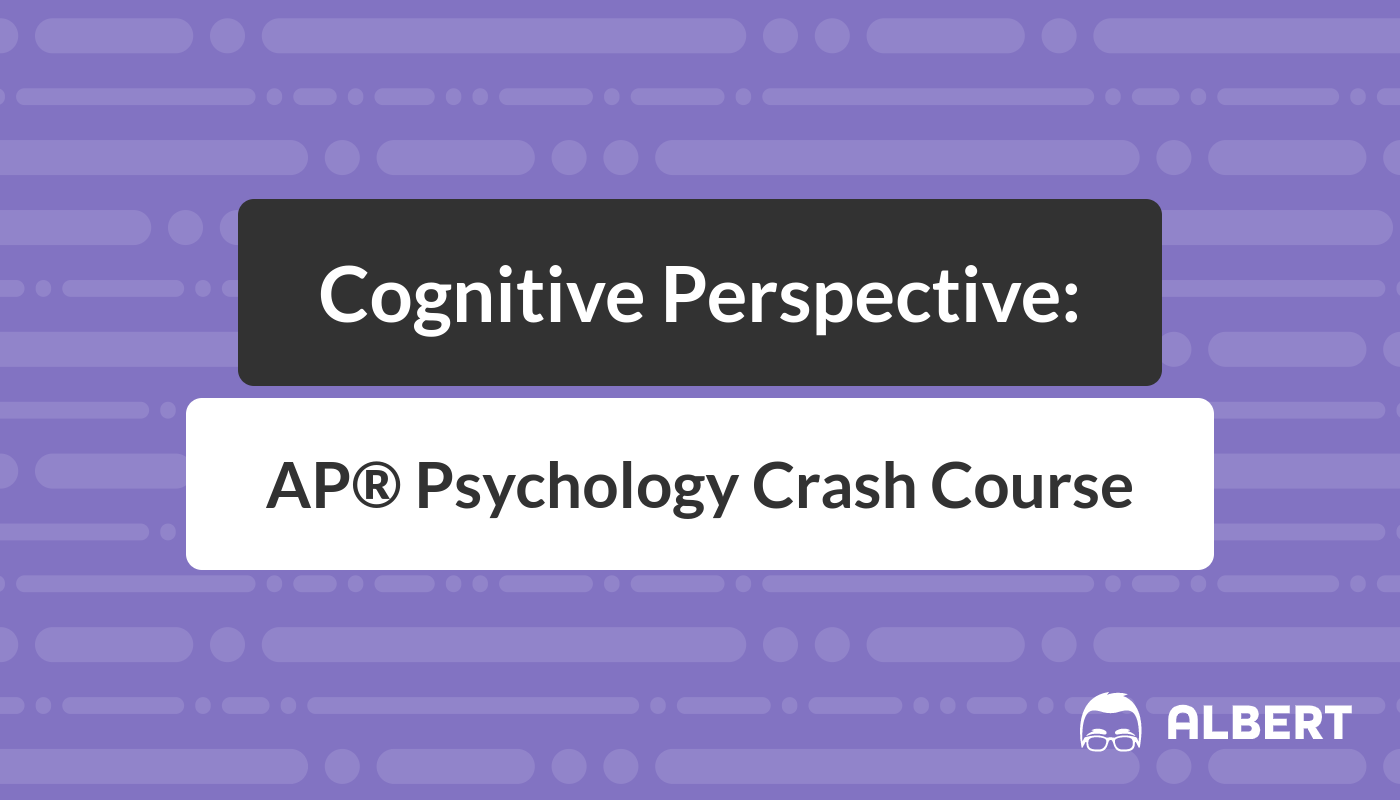The Enlightenment: AP® World History Crash Course Review
An important concept and period covered in AP® World History is the Enlightenment. Here’s an AP® World History crash course on the Enlightenment: Before the Enlightenment: In the late 1500’s, a revolution began. This period of great change is known as the “Scientific Revolution.”

